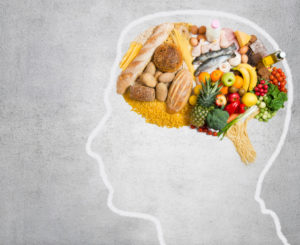A new study out of Brigham and Woman’s hospital in Boston and published in the Journal of Nature Medicine, relays exciting news that validates much of what I’ve been seeing in patients enrolled in the Fight MS with Food Project and our approach to managing autoimmune disorders like MS.

Here is the link to a more detailed article about the study linking diet with MS, but below are some of what I find to be the most exciting points:
…the team found evidence that dietary changes and intestinal flora can influence astrocyte cell, a type of cerebral and consequently neurodegeneration.
Francisco Quintana, Spanish researcher who led the work, told SINC: “we have demonstrated for the first time that diet and intestinal bacteria collaborate to produce metabolites that travel through the circulation to the central nervous system to regulate inflammation and neurodegeneration.”
Or put another way, the food has some sort of role in the central nervous system through inflammation. “What we eat influences the ability of intestinal bacteria to produce small molecules, some of which are able to travel to the brain. This opens an unknown area so far. How the intestine controls inflammation of the brain,” he added.
According to the authors, dietary supplements and probiotics may be useful to control processes that contribute to the pathology of neurological diseases. “Our studies were initially focused on multiple sclerosis, but also have implications for other diseases such as Alzheimer’s and Parkinson’s,” said Quintana.
If you’re interested in learning more about tailoring your diet and colonizing your own intestinal bacteria to best manage your autoimmune issues, please contact me for a free initial phone consultation to see if you would be a good candidate for this approach.


